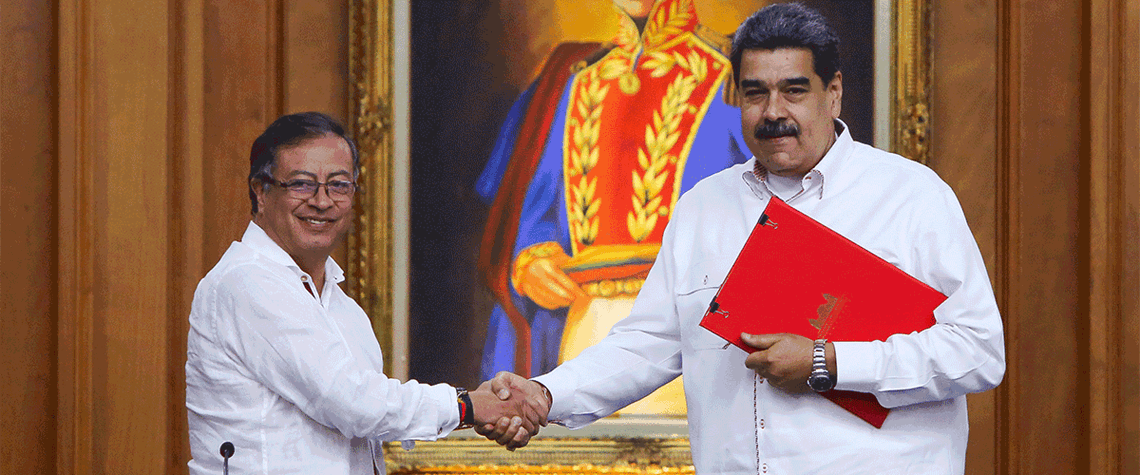Colombia’s upstream set for decline
Political decision-making casts doubt on the Latin American country’s ability to sustain energy self-sufficiency in the long term
The Colombian government’s decision to shut the door on new exploration contracts at the start of President Gustavo Petro’s tenure is set to impact domestic oil and gas production in 2024, as well as test the country’s long-term energy security and ability to plug lost fiscal revenues. Ending Colombia’s reliance on hydrocarbons exports has been at the centre of Petro‘s policymaking since taking office and reflects a strategic shift in favour of the energy transition, influenced by global trends and environmental concerns. “A complete transition away from fossil fuels seems unlikely during [Petro’s] presidency” Hiornes, Dragonfly “[Petro] appears intent on building his image as a glo

Also in this section
22 July 2025
The gas-hungry sector is set for rapid growth, and oil majors and some of the world’s largest LNG firms are investing in ammonia production and export facilities, though much depends on regulatory support
22 July 2025
Next year’s WPC Energy Congress taking place in April in Riyadh, Saudi Arabia will continue to promote the role of women in the energy sector, with a number of events focusing on the issue.
22 July 2025
Pedro Miras is the serving President of WPC Energy for the current cycle which will culminate with the 25th WPC Energy Congress in Riyadh, Saudi Arabia in April 2026. He has over 30 years of experience in the energy sector, including stints with Repsol and the IEA. Here he talks to Petroleum Economist about the challenges and opportunities the global energy sector currently faces.
17 July 2025
US downstream sector in key state feels the pain of high costs, an environmental squeeze and the effects of broader market trends








